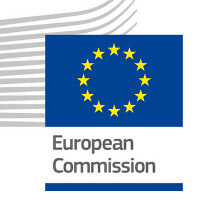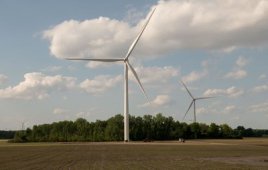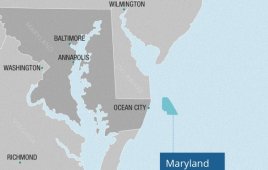
The EU Commission has the duty to assess mergers and acquisitions involving companies with a turnover above certain thresholds.
The European Commission has unconditionally cleared the proposed acquisition of wind-turbine manufacturer Gamesa by Siemens under the EU Merger Regulation. The Commission found that the transaction raises no competition concerns because a number of credible competitors would remain in the market.
The EU Commission has also investigated the impact of the proposed transaction on the onshore and offshore wind-turbine markets, where the activities of Siemens and Gamesa overlap:
- The onshore wind turbine market is rather fragmented with several large competitors even after the merger.
- The offshore wind turbine market is more concentrated with Siemens and MHI Vestas being the main competitors.
Gamesa is also active in the market through its subsidiary Adwen. However, the investigation confirmed that Adwen is not a competitive constraint on Siemens, it is unlikely that the transaction will appreciably change the competitive situation. The Commission concluded that the proposed transaction would raise no competition concerns.
The transaction was notified to the Commission on February 6, 2017, and examined under the normal merger review procedure. The Commission has the duty to assess mergers and acquisitions involving companies with a turnover above certain thresholds (see Article 1 of the Merger Regulation) and to prevent concentrations that would significantly impede effective competition in the EEA or any substantial part of it.
The vast majority of notified mergers do not pose competition problems and are cleared after a routine review. From the moment a transaction is notified, the Commission generally has a total of 25 working days to decide whether to grant approval (Phase I) or to start an in-depth investigation (Phase II).
Filed Under: Uncategorized




